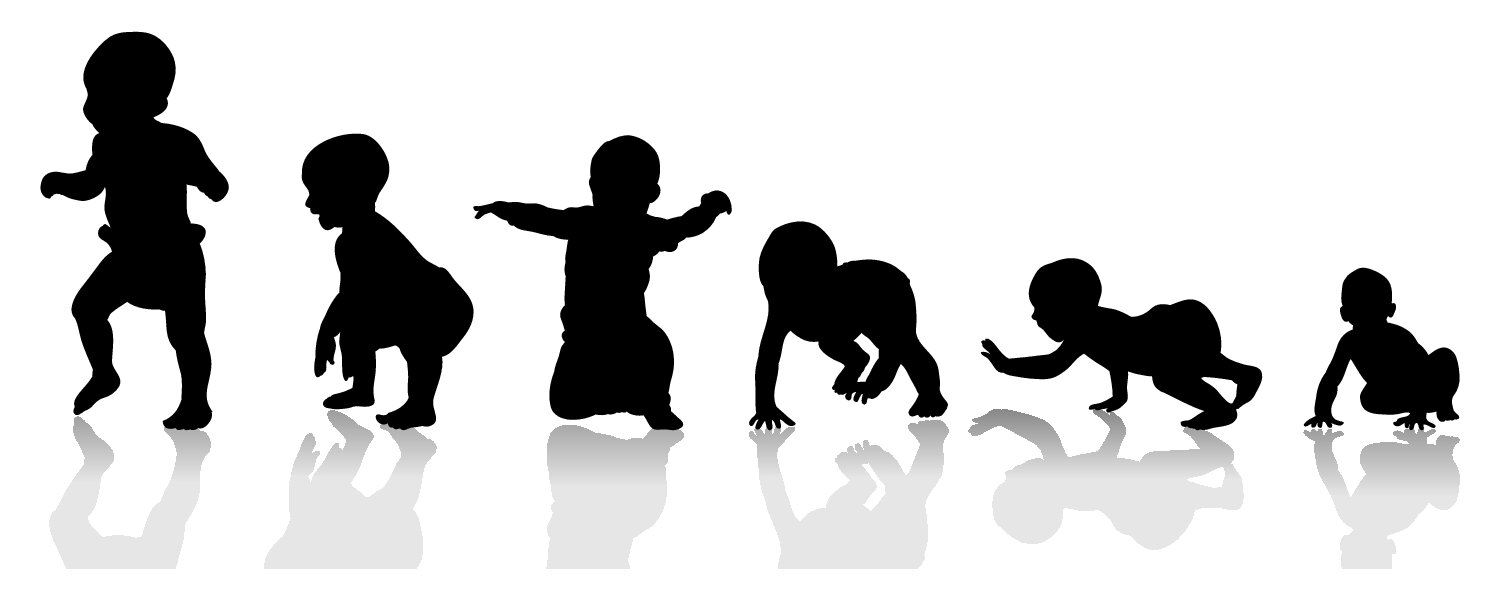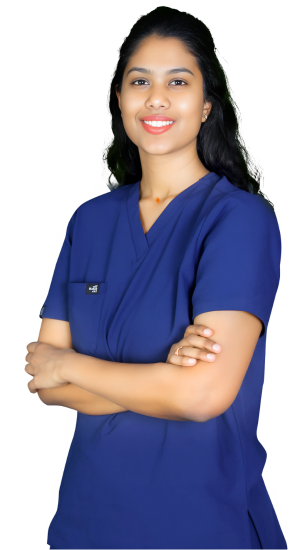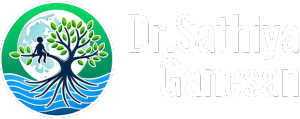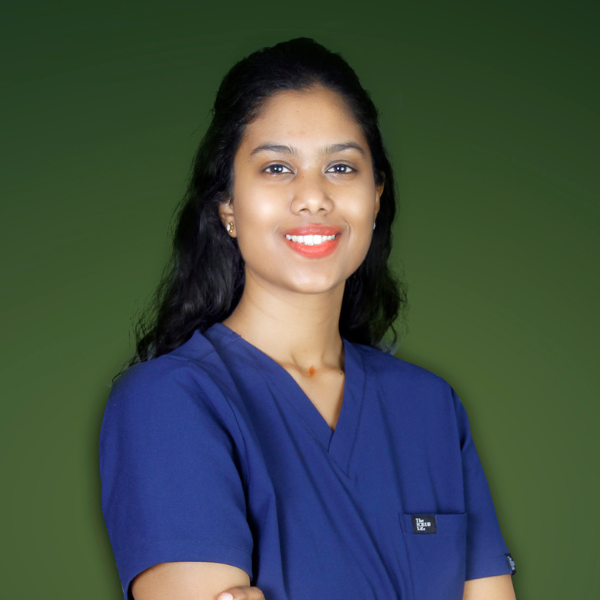
Dr Sathiya Ganesan’s
Every small step matters — every child deserves the freedom to move, express, and thrive.
Motor skills are essential for children to explore, learn, and interact with the world. When movement control is affected, it can impact a child’s independence, confidence, and quality of life. Early recognition, expert care, and compassionate support are critical.
At Dr. Sathiya Ganesan’s Child and Adolescent Psychiatry Centre, we offer specialised, holistic care to help every child move forward with strength, coordination, and pride.
Understanding Motor Disorders
Strength in Every Step. Freedom in Every Move

Motor Disorders are neurodevelopmental conditions that affect a child’s ability to control movements smoothly and accurately. Major types include:
- Developmental Coordination Disorder (DCD) — difficulties with fine and gross motor skills (e.g., handwriting, tying shoes, riding a bicycle)
- Tic Disorders — sudden, rapid, repetitive movements or vocalisations
- Tourette’s Syndrome — a more severe tic disorder involving multiple motor and vocal tics persisting over a year
Although these conditions vary, they can all impact a child’s self-esteem, school performance, and social life. With timely support, children can learn strategies to manage symptoms and build confidence.
Common Signs of Motor Disorders
Children with motor disorders may show:
- Frequent clumsiness, dropping objects, or bumping into things
- Difficulty learning skills like handwriting, buttoning clothes, or sports
- Slow, awkward, or hesitant movements
- Repetitive blinking, grimacing, shoulder shrugging, or other tics
- Repetitive vocalisations like throat clearing, sniffing, or sudden words (in Tourette’s)
- Anxiety or embarrassment about motor difficulties
Recognising these early helps initiate supportive interventions to build skills and confidence.
Strengthening Every Move: Our Specialised Motor Disorders Care Approach
Comprehensive, Child-Centred Evaluation
Every child undergoes a thorough, detailed evaluation that includes clinical history, motor skill assessments, neurological examinations, teacher and parent reports, and standardized developmental screening tools. Dr. Sathiya Ganesan ensures a complete understanding of each child’s motor, emotional, and social challenges.
Guiding Families with Knowledge and Heart
Motor disorders can cause confusion and frustration for families. Dr. Sathiya Ganesan empowers parents and caregivers with clear education about the disorder, expectations, and home strategies to improve coordination, reduce tics, and support emotional resilience.
Strengthening Every Move: Our Specialised Motor Disorders Care Approach
Our interventions are tailored to the child’s unique needs and include:
- Occupational Therapy for fine motor skills, handwriting, and daily living activities
- Physical Therapy to improve strength, balance, and coordination
- Behavioral Therapy (Habit Reversal Training for tics)
- Comprehensive Tic Management Programs (including relaxation techniques and trigger control)
- Social Skills Training to build confidence in peer interactions
- Parent and Teacher Training to support consistency across settings
Therapies are holistic, skill-building, and designed to enhance independence and confidence in daily life.
Thoughtful Medication Management When Needed
For moderate to severe tics or associated conditions like ADHD, anxiety, or OCD, medications may be thoughtfully considered. Dr. Sathiya Ganesan prioritizes minimal dosages, careful monitoring, and collaborative discussions with families to ensure safe and balanced treatment.
Building Movement-Friendly Environments
We guide parents, educators, and therapists to create supportive, pressure-free environments that encourage movement practice, positive reinforcement, and emotional safety. Adjustments at school and home help children participate fully without fear of failure or stigma.
Integrated Care for Associated Emotional and Behavioural Challenges
Motor disorders often coexist with conditions like ADHD, anxiety, OCD, or learning difficulties. Dr. Sathiya Ganesan offers integrated, comprehensive care that addresses emotional, behavioral, and academic needs along with motor skill development.
Key Highlights of Our Motor Disorders Care
At Dr. Sathiya Ganesan’s Center, we offer:
- Accurate, Multi-Dimensional Diagnosis of all Motor Disorders
- Customized Occupational and Physical Therapy Plans
- Specialized Tic Management and Tourette’s Care Programs
- Family-Centered Training for Home Support
- Emphasis on Emotional Well-Being, not just Physical Skills
- Collaborative Care with Schools, Therapists, and Families
We focus not just on movements — but on confidence, joy, and quality of life.

Why Choose Dr. Sathiya Ganesan for Motor Disorders Care?
- Extensive Expertise in Child Neurodevelopmental and Motor Disorders
- Individualized, Whole-Child Focused Approaches
- Integrated Management for Co-Occurring Emotional and Behavioral Challenges
- Strong Family Empowerment and Training Approach
- Commitment to Building Life-Long Strength, Coordination, and Confidence
Ready to Begin the Healing Journey?
Children with motor disorders are capable of tremendous growth when supported with understanding, expertise, and compassion. At Dr. Sathiya Ganesan’s Child and Adolescent Psychiatry Center, we are committed to helping every child overcome physical challenges — and step boldly toward a future full of possibility.
At what age can Motor Disorders be identified?
Motor challenges can be observed in early childhood. Formal diagnosis, especially for conditions like DCD or Tourette’s, usually occurs between 5–7 years of age.
Can motor disorders improve with therapy?
Absolutely. Occupational therapy, physical therapy, behavioral therapy, and supportive environments can significantly improve motor skills and manage tics.
Are tics a sign of Tourette’s Syndrome?
Not always. Many children have transient tics that resolve on their own. A diagnosis of Tourette’s Syndrome requires multiple motor and vocal tics persisting for over a year.
Will my child’s tics go away with age?
In many cases, tics diminish in severity during adolescence, though some individuals continue to experience them into adulthood.
Are medications necessary for treating tics?
Medications are considered only if tics are severe, painful, or cause significant social or academic problems. Therapy and behavioral interventions are often first-line treatments.
How can parents support children with motor disorders?
Encouraging practice without pressure, celebrating small improvements, using structured routines, and working closely with therapists are key ways to support development.


